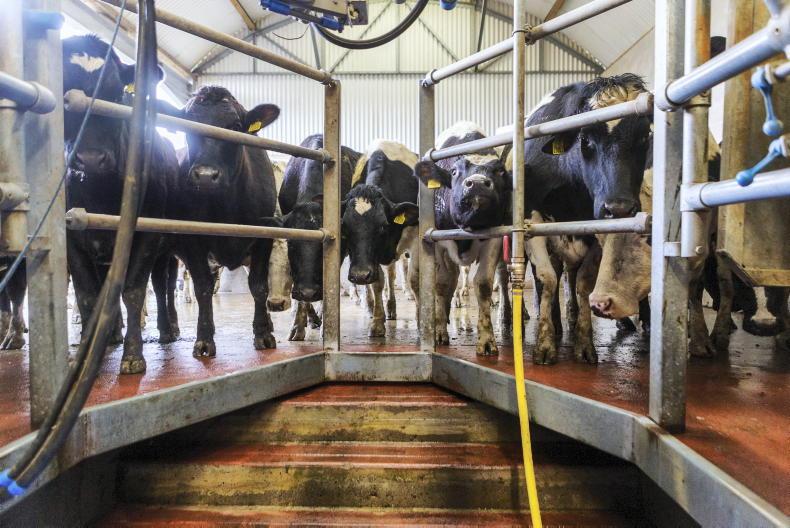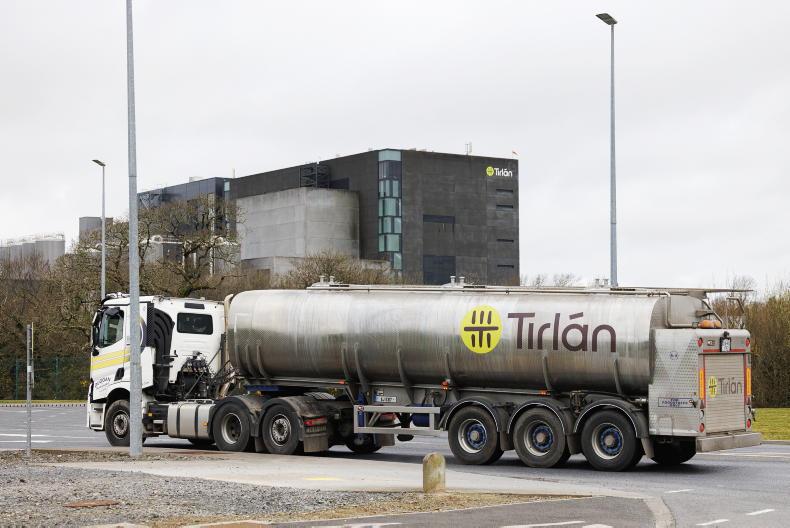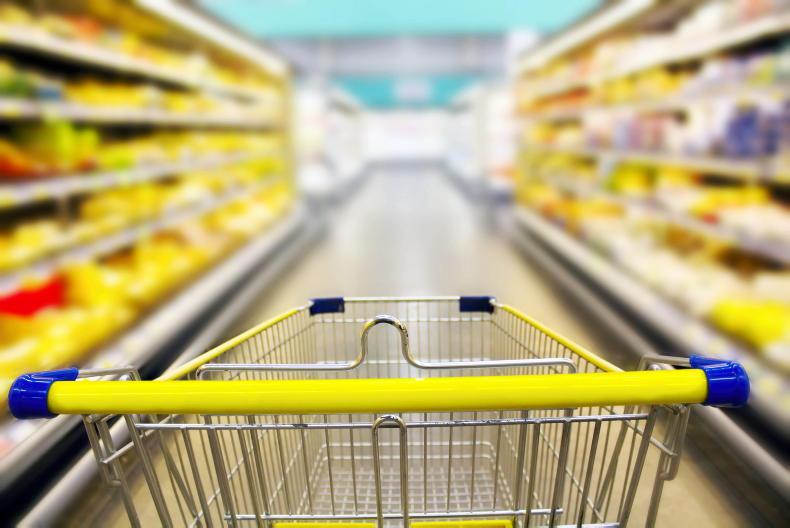Supermarkets are in for a bumper time as customers increase the proportion of food purchased in store with restaurants and hotels forced to take a back seat because of COVID-19 restrictions.
This week we saw the farmgate price of beef increase as retail demand across the water soared.
It is interesting to see German farmers at the gates of supermarkets in recent days angry at food price reductions.
Butter
German farmers organised via WhatsApp groups displayed anger and frustration as the price of own-label butter was reduced in some German supermarkets by over 50c.
German agricultural magazine top agrar has been covering the blockades for the last number of weeks.
Matthias Schulze Steinmann, editor-in-chief of top agrar, says there is no question that trade bears part of the responsibility for the plight of the farmers.
He said: “Its market power is enormous. The five large companies - Edeka, Rewe, Schwarz Group, Aldi and Metro - have a market share of almost 76%. Opposite them are more than 6,000 mostly small- and medium-sized food manufacturers, and at the thankless end of the chain, around 260,000 farmers.”
Similar to Ireland, not alone are food prices under pressure, but supermarkets are also setting standards in determining how cows, pigs or animals are housed or managed or how products are displayed on supermarket shelves.
If the supplier-supermarket relationship is not a fair partnership, the individual farmer suffers.
German minister for agriculture Julia Klöckner is under pressure to tackle the causes and resolutely tackle the structural challenges that are at the core of the current blockades.
Liquid milk
These days in Ireland the majority of dairy farmers are not milking as cows are dried off. However, liquid milk farmers are still milking as they are contracted to produce milk during the winter so fresh milk is available in towns and cities around the country.
The cost to produce this milk is higher, with extra feed costs, extra energy costs etc.
Hence in the Republic liquid milk farmers get a bonus for milk produced to help cover some of the extra costs.
However, the price of milk in the supermarkets does not reflect this as supermarkets often use milk as a loss leader to attract customers in.
This is part of the German problem also.
Read more
Cork port evacuated as grain store fire breaks out
The power of women in the dairy industry
Supermarkets are in for a bumper time as customers increase the proportion of food purchased in store with restaurants and hotels forced to take a back seat because of COVID-19 restrictions.
This week we saw the farmgate price of beef increase as retail demand across the water soared.
It is interesting to see German farmers at the gates of supermarkets in recent days angry at food price reductions.
Butter
German farmers organised via WhatsApp groups displayed anger and frustration as the price of own-label butter was reduced in some German supermarkets by over 50c.
German agricultural magazine top agrar has been covering the blockades for the last number of weeks.
Matthias Schulze Steinmann, editor-in-chief of top agrar, says there is no question that trade bears part of the responsibility for the plight of the farmers.
He said: “Its market power is enormous. The five large companies - Edeka, Rewe, Schwarz Group, Aldi and Metro - have a market share of almost 76%. Opposite them are more than 6,000 mostly small- and medium-sized food manufacturers, and at the thankless end of the chain, around 260,000 farmers.”
Similar to Ireland, not alone are food prices under pressure, but supermarkets are also setting standards in determining how cows, pigs or animals are housed or managed or how products are displayed on supermarket shelves.
If the supplier-supermarket relationship is not a fair partnership, the individual farmer suffers.
German minister for agriculture Julia Klöckner is under pressure to tackle the causes and resolutely tackle the structural challenges that are at the core of the current blockades.
Liquid milk
These days in Ireland the majority of dairy farmers are not milking as cows are dried off. However, liquid milk farmers are still milking as they are contracted to produce milk during the winter so fresh milk is available in towns and cities around the country.
The cost to produce this milk is higher, with extra feed costs, extra energy costs etc.
Hence in the Republic liquid milk farmers get a bonus for milk produced to help cover some of the extra costs.
However, the price of milk in the supermarkets does not reflect this as supermarkets often use milk as a loss leader to attract customers in.
This is part of the German problem also.
Read more
Cork port evacuated as grain store fire breaks out
The power of women in the dairy industry









SHARING OPTIONS